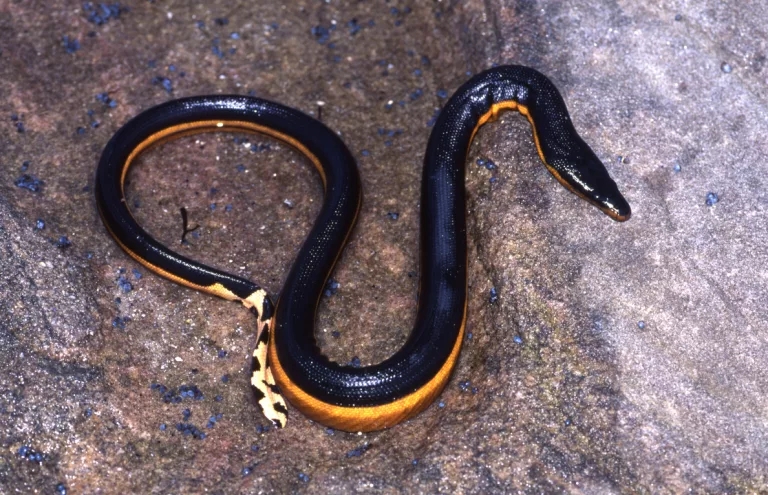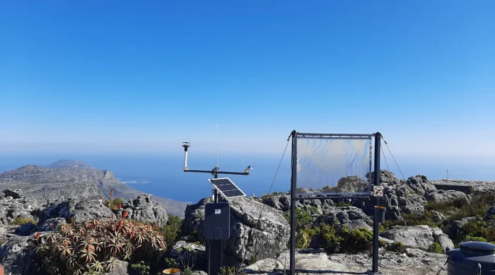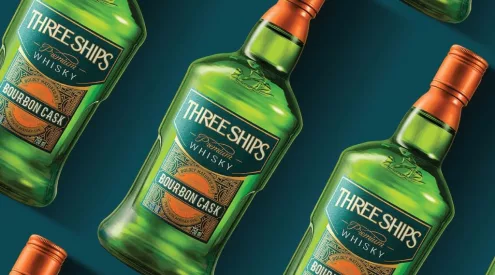
Image: Getty
Over the last week, rough sea conditions have brought interesting but dangerous visitors to beaches between Mossel Bay and East London, including highly venomous yellow-bellied sea snakes and toxic pufferfish.
The rough sea conditions most likely shifted the snakes from warmer currents to colder waters, leaving them hypothermic and causing them to wash up locally.
Experts have warned beachgoers not to handle these snakes because, while bites are uncommon, they can deliver a highly venomous neurotoxin that can be fatal.
Yellow-bellied sea snakes can be easily identified due to their distinct characteristics. The upper half of the body is black or dark blue-brown, with a yellowish lower half.

ALSO SEE: Tips for beach running
Residents and visitors are reminded not to handle the pufferfish as most species are among the most poisonous vertebrates. Those walking their dogs should ensure that their pets do not come in contact with the fish due to its high toxicity when eaten.

If your dog consumes one of these pufferfish, contact your nearest vet for assistance.
According to reports, 3 dogs in the Seaview Beachview area have already died.
Please do not attempt to handle them should you come across a stranded snake or fish, they are highly venomous with no anti-venom available. Contact 072 581 0838 or Plett Stranding network on 079 463 483.
Article written by Murray Swart for Cape Town ETC.
Follow us on social media for more travel news, inspiration, and guides. You can also tag us to be featured.
TikTok | Instagram | Facebook | Twitter
ALSO SEE:















